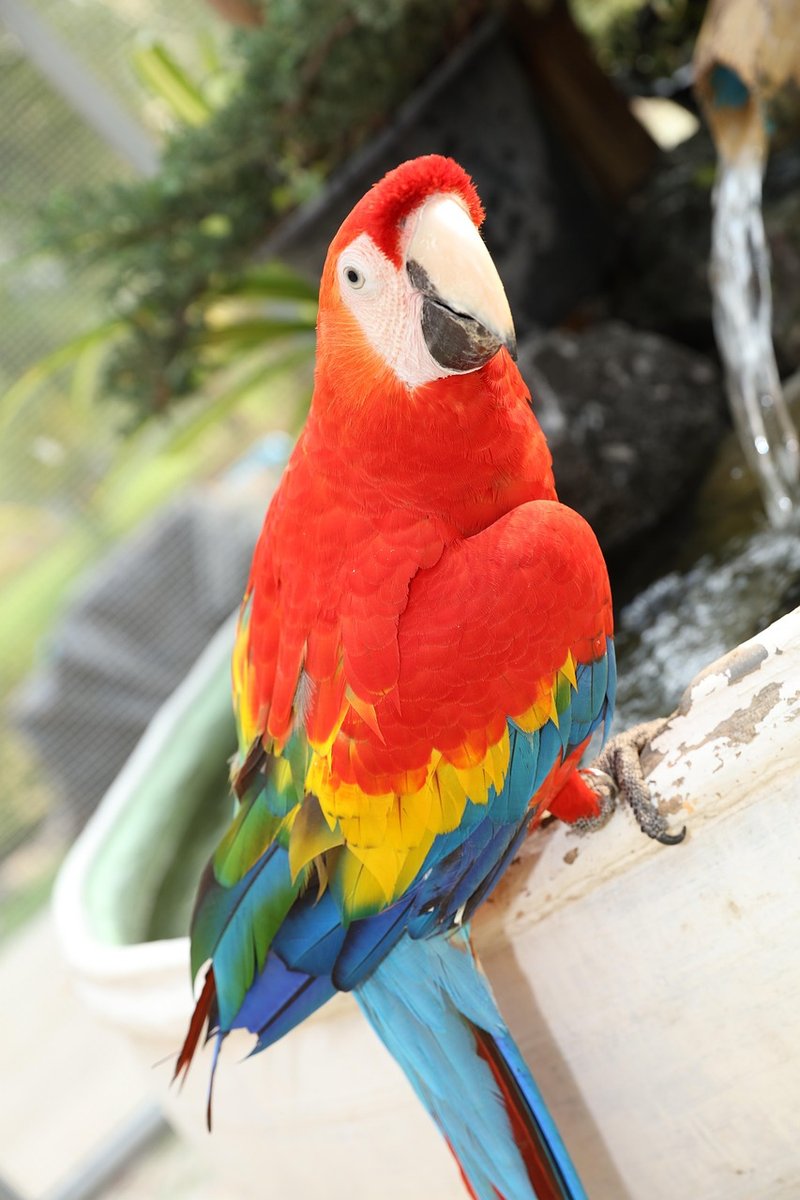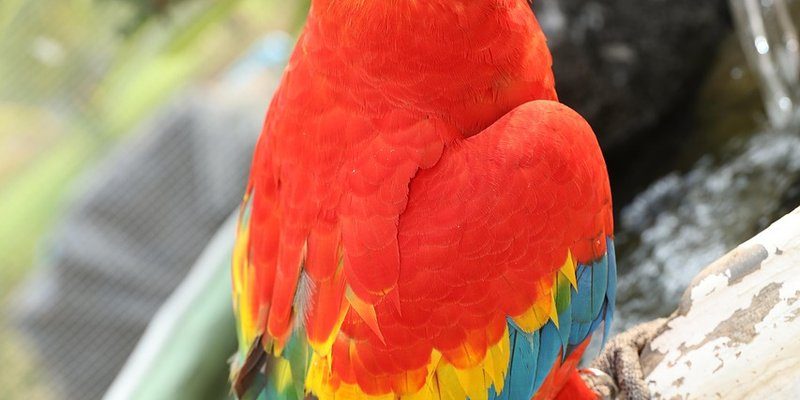
So, what exactly is a macaw’s role in its ecosystem? To put it simply, macaws contribute to their environment in several crucial ways, from seed dispersal to maintaining plant diversity. By understanding their role, we can appreciate all the connections that make natural systems work as a whole. Let’s dive into the world of macaws and explore how these beautiful birds fit into the intricate web of life.
The Importance of Seed Dispersal
One of the most significant roles macaws play in their ecosystems is seed dispersal. You might be surprised to learn that these colorful birds eat a variety of fruits, nuts, and seeds. After munching on these tasty treats, macaws contribute to the growth of new plants by passing the seeds through their digestive systems.
Think of macaws as nature’s postal workers. They fly from tree to tree, munching on fruit, and then, when they take flight, they leave behind seeds in new locations. This not only allows various plant species to spread but also helps maintain a diverse habitat. Plants need relationships with animals, just as we need our morning coffee to kickstart the day!
Example of Seed Dispersal
To illustrate, let’s consider the Brazil nut tree. The nuts of this tree are too large for most animals to eat, but macaws can easily crack them open. As they digest the nuts, they move around the forest, dropping the seeds in new places. Those seeds can ultimately sprout into new trees, allowing the population of Brazil nuts to thrive in the rainforest.
Supporting Biodiversity
Macaws also play a crucial role in maintaining biodiversity within their ecosystems. Their feeding habits encourage a wide variety of native plant species to thrive. The more diverse the plants, the more animals can find food and shelter in their environment.
The loss of macaws can lead to significant consequences. If these birds disappear, certain plants may struggle to reproduce, leading to a decline in the overall health of the ecosystem. This can create a ripple effect, affecting not just plants but also insects, mammals, and other bird species that rely on those plants for food and habitat.
Macaws and Their Habitat
In the wild, macaws live in large groups, often returning to the same locations for food. This behavior helps in the regeneration of plant species in their range. Keeping plant diversity alive is like maintaining a vibrant art gallery—when all the colors come together, they create a beautiful ecosystem.
Food Chain Contributions
Macaws are also a vital part of the food chain. These birds are prey for larger predators like jaguars and hawks. Their presence in the food chain contributes to the balance of populations within their ecosystem. If macaws were to disappear, it could lead to overpopulation of certain species, which might then disrupt the entire ecological balance.
In a way, macaws are like the glue holding the food web together. Their role emphasizes the interconnectedness of life. The health of the rainforest depends on every creature, big and small, doing its part.
The Balance of Ecosystems
For example, without macaws, specific fruits and nuts might grow unchecked, leading to a decline in plant diversity. This imbalance can trigger a chain reaction, upsetting the populations of insects and mammals that depend on those plants. Keeping everything in check is essential for a thriving ecosystem.
Human Impact on Macaw Populations
Despite their importance, macaws face significant threats from habitat loss, poaching, and the illegal pet trade. As rainforests are cleared for agriculture or urban development, macaws lose their homes and food sources. This not only impacts the birds directly but also threatens the entire ecosystem that relies on them.
You might be asking why this matters to us. Well, a healthy ecosystem supports clean air and water, climate regulation, and countless resources we rely on. Protecting macaws and their habitat is crucial for the well-being of our planet.
Conservation Efforts
Conservation efforts, such as reforestation and protective legislation, are in place to help macaw populations recover. By raising awareness about their role in the ecosystem, we can work towards ensuring a future where these beautiful birds continue to thrive.
Macaws as Indicators of Ecosystem Health
Another fascinating aspect of macaws is that they serve as indicators of ecosystem health. The presence of healthy macaw populations often signifies a thriving, balanced ecosystem. Conversely, if macaw numbers decline, it may indicate underlying issues that could threaten other species in the area.
Think of them as the early warning system for the rainforest. A drop in their numbers could mean that something is amiss, prompting further investigation into environmental health.
Monitoring Ecosystems
Scientists often study macaw populations to monitor ecological changes over time. By tracking their numbers and health, researchers can gather valuable data about the state of the rainforest. This information can then guide conservation strategies and help protect other vulnerable species.
The Cultural Significance of Macaws
Beyond their ecological role, macaws hold cultural significance for many indigenous communities. These birds symbolize freedom and are often featured in art, folklore, and rituals. Their vibrant colors and impressive behavior inspire admiration and connection to the natural world.
Communities that coexist with macaws often have a deep respect for these birds, recognizing their importance not just to the environment but also to their cultural identity. This connection can foster a sense of stewardship, encouraging people to protect their habitats and the wildlife that depends on them.
Macaws in Folklore
For example, many Amazonian tribes view macaws as messengers between the earthly and spiritual worlds. By preserving their habitats, these communities continue to honor the role of macaws in their traditions while also ensuring the health of the ecosystems they rely on.
Final Thoughts on the Role of Macaws
Understanding the role of macaws in their ecosystems highlights the interconnectedness of life. From seed dispersal to supporting biodiversity, these birds contribute to the health of rainforests and serve as indicators of environmental well-being. Their decline not only affects their species but also the entire web of life that depends on them.
By appreciating and protecting macaws, we’re not just saving a beautiful bird; we’re taking an important step in maintaining the delicate balance of our planet. Let’s work together to ensure that future generations can marvel at the beauty and significance of macaws in the wild. After all, they’re more than just colorful birds—they’re vital players in the orchestra of nature.

